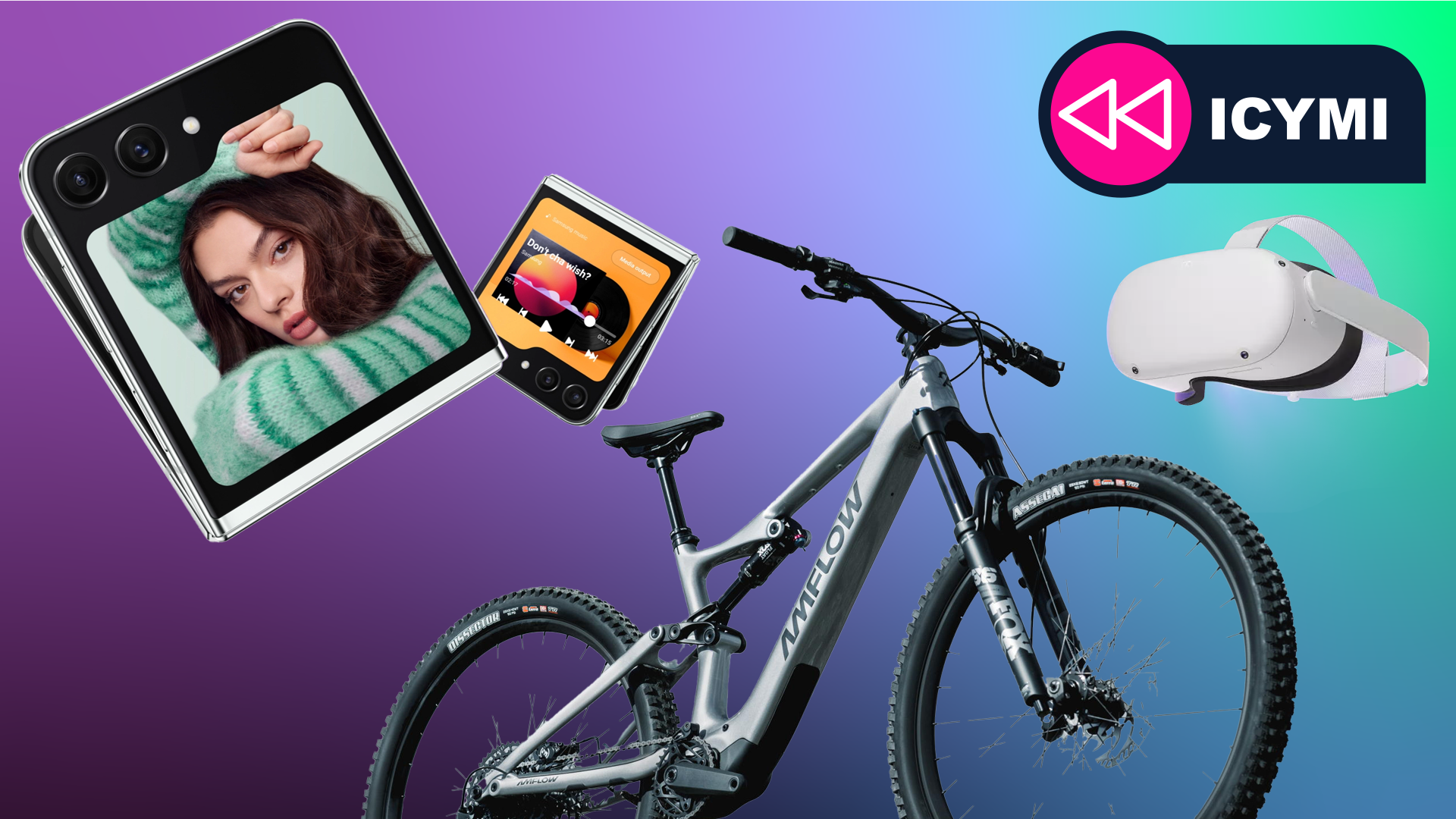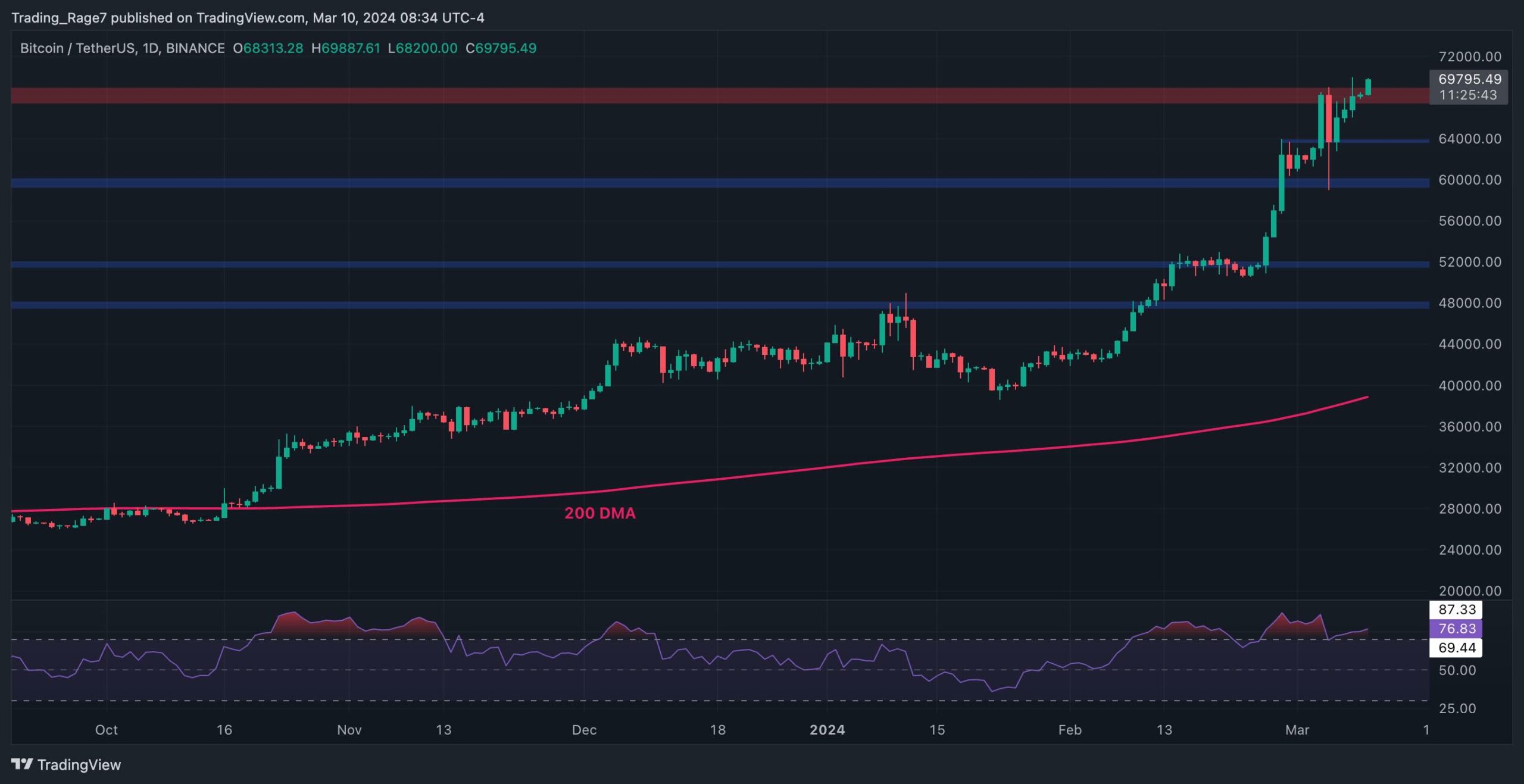Despite Rocky Start, ROG Ally Made Portable PCs A Real Competition With Steam Deck
The ROG Ally is celebrating its 1-year anniversary today, June 13, 2024. Below, we look back at how it overcame launch troubles to become a viable Steam Deck competitor, and a sign of how open the portable PC market can be.Given how much the market for portable gaming PCs has exploded ever since Valve launched the Steam Deck in early 2022, it's remarkable to remember that its closest competitor is just a year old. Over a year after the Steam Deck hit the market, Asus followed up with the ROG Ally, a Windows-based gaming handheld that, on paper, was a big step-up over Valve's handheld. Not only was it more powerful (and potentially significantly so), it offered an experience that, at the time, was lacking on Valve's Linux-based SteamOS when it came to game and launcher compatibility. It didn't take long for the Ally's biggest draw to also be considered its achilles heel, but even with the initial teething issues of adapting Windows to a device it was never intended to work smoothly with, the ROG Ally has proven that there's more than enough consumer demand and variability for it to be incredibly successful.Back in May 2023, Asus announced the ROG Ally just as Valve was beginning to get a grip on Steam Deck supply issues. For the longest time, it was incredibly difficult to get your hands on a Steam Deck, with a limited release across a handful of regions and demand completely outstripping supply. The ROG Ally was the antidote to that bitter pill, launching more widely across the globe given Asus' far more established distribution network, and giving those with a Steam Deck-sized hole in the heart another option. It competed on price, too, with its highest-spec model coming in at just $50 more than the equivalent Steam Deck. For that, you got a larger display, a higher 1080p resolution with a 120Hz refresh rate and, most importantly, variable refresh rate support. The ROG Ally was comparable to the Steam Deck in size and weight, albeit with slightly less favorable ergonomics as many would discover when getting it in hand. Still, with nearly eight times the theoretical power behind it thanks to the latest Z1 Extreme chip inside courtesy of AMD, it was looking like a no-brainer in a world where the weaker, and less attainable, Steam Deck currently ruled.Continue Reading at GameSpot

The ROG Ally is celebrating its 1-year anniversary today, June 13, 2024. Below, we look back at how it overcame launch troubles to become a viable Steam Deck competitor, and a sign of how open the portable PC market can be.
Given how much the market for portable gaming PCs has exploded ever since Valve launched the Steam Deck in early 2022, it's remarkable to remember that its closest competitor is just a year old. Over a year after the Steam Deck hit the market, Asus followed up with the ROG Ally, a Windows-based gaming handheld that, on paper, was a big step-up over Valve's handheld. Not only was it more powerful (and potentially significantly so), it offered an experience that, at the time, was lacking on Valve's Linux-based SteamOS when it came to game and launcher compatibility. It didn't take long for the Ally's biggest draw to also be considered its achilles heel, but even with the initial teething issues of adapting Windows to a device it was never intended to work smoothly with, the ROG Ally has proven that there's more than enough consumer demand and variability for it to be incredibly successful.
Back in May 2023, Asus announced the ROG Ally just as Valve was beginning to get a grip on Steam Deck supply issues. For the longest time, it was incredibly difficult to get your hands on a Steam Deck, with a limited release across a handful of regions and demand completely outstripping supply. The ROG Ally was the antidote to that bitter pill, launching more widely across the globe given Asus' far more established distribution network, and giving those with a Steam Deck-sized hole in the heart another option. It competed on price, too, with its highest-spec model coming in at just $50 more than the equivalent Steam Deck. For that, you got a larger display, a higher 1080p resolution with a 120Hz refresh rate and, most importantly, variable refresh rate support. The ROG Ally was comparable to the Steam Deck in size and weight, albeit with slightly less favorable ergonomics as many would discover when getting it in hand. Still, with nearly eight times the theoretical power behind it thanks to the latest Z1 Extreme chip inside courtesy of AMD, it was looking like a no-brainer in a world where the weaker, and less attainable, Steam Deck currently ruled.
What's Your Reaction?

































